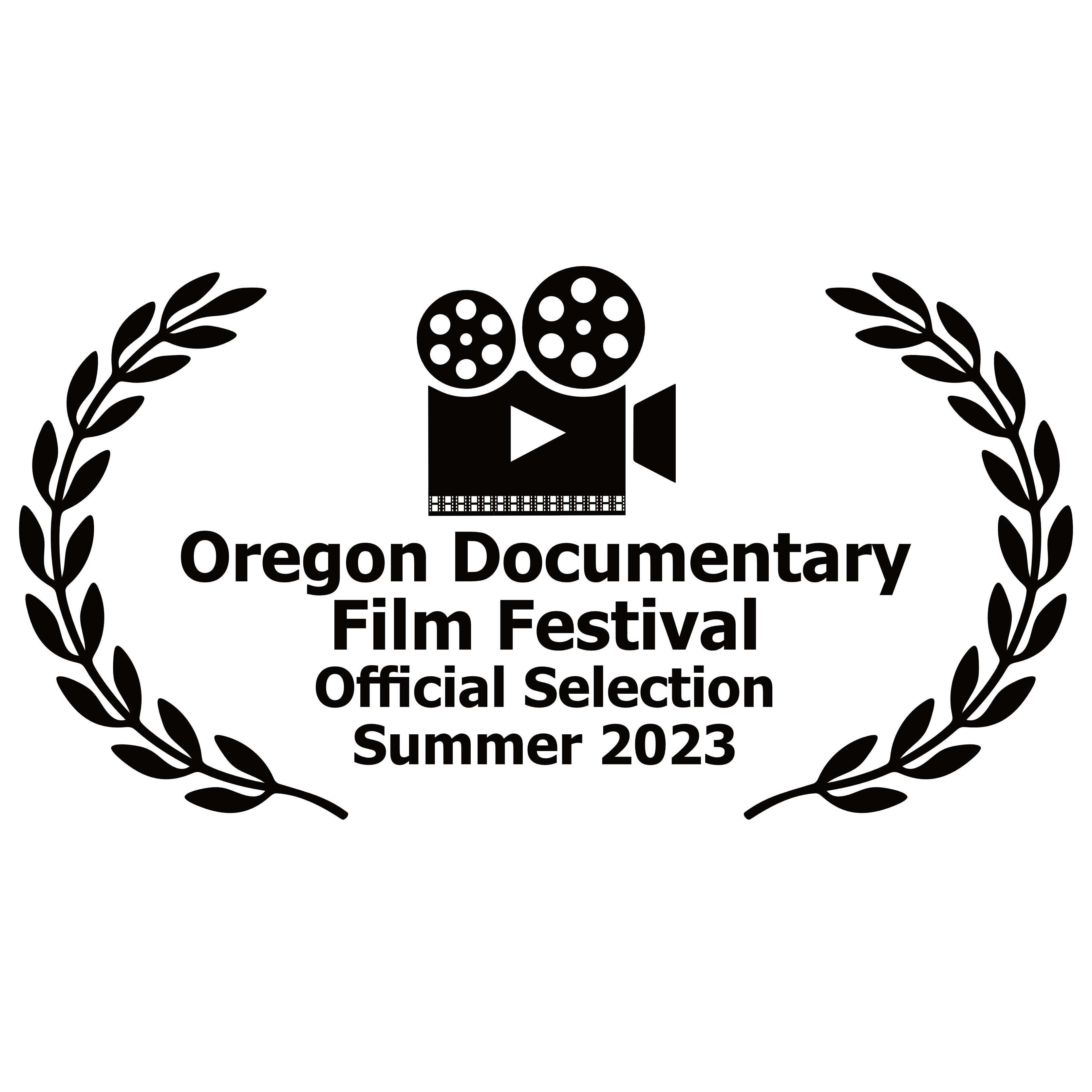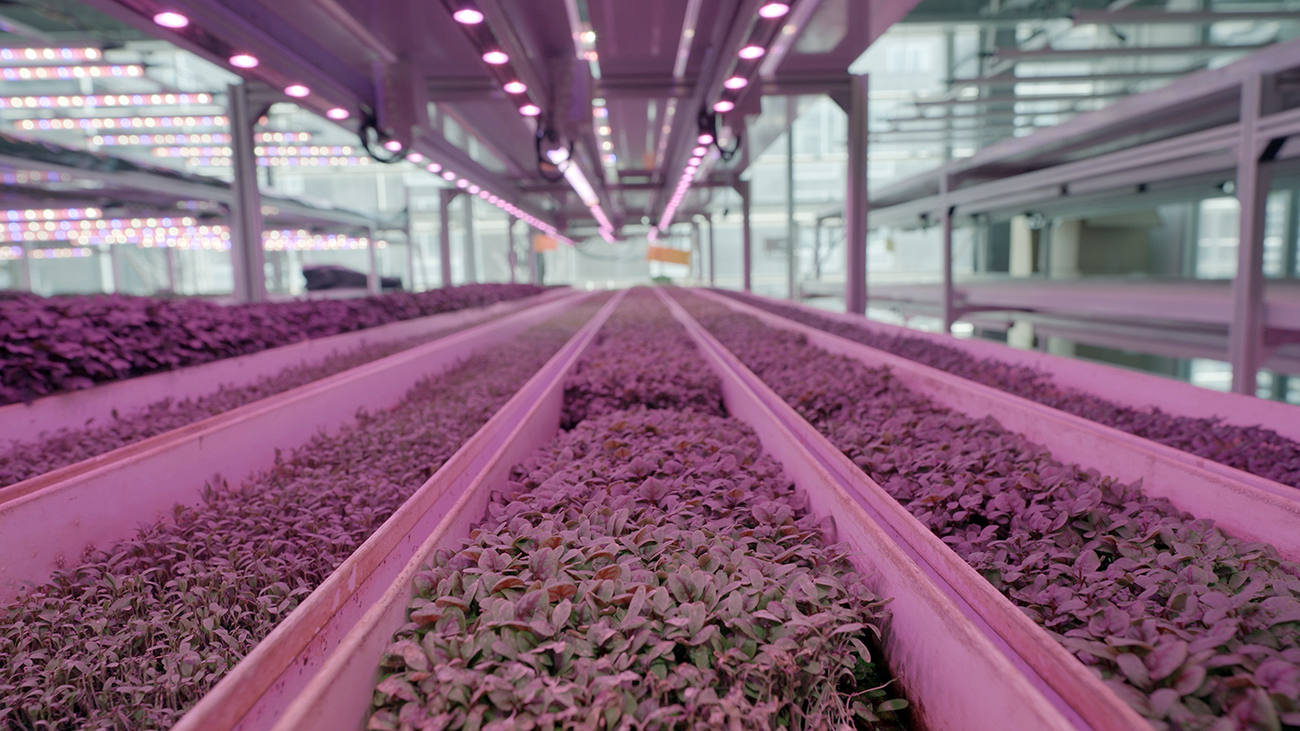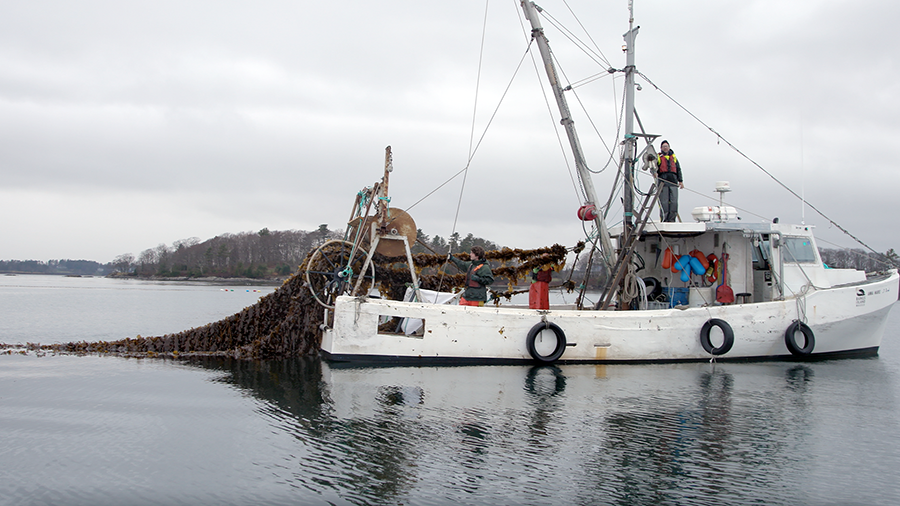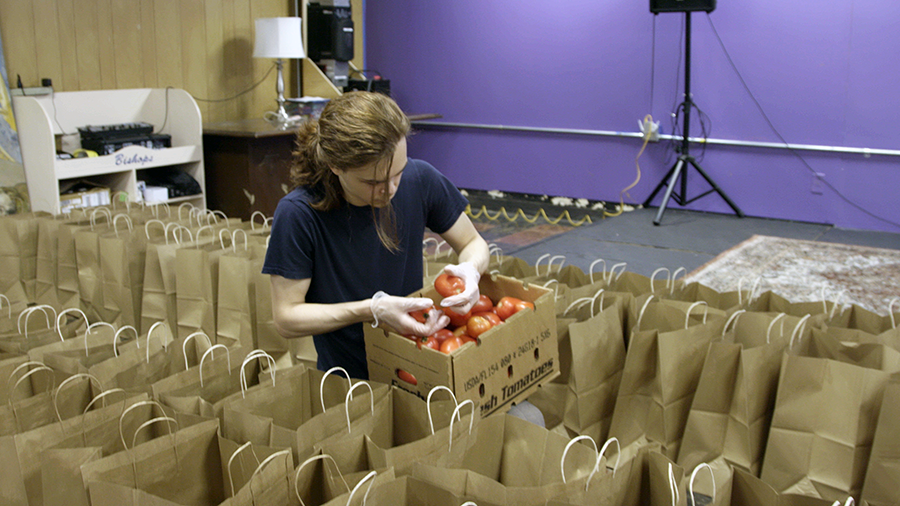Fixing Food
A 9-Part Series on Eating and Innovation
To many of us, climate change is remote, abstract, too grim to consider, too far removed from our daily lives.
But we now know that one of the biggest triggers for global warming is something all of us do every day: eating.
Growing and processing food, and packaging and bringing it to us — all use enormous amounts of energy, water, and chemicals, creating an overwhelming burden on our planet’s resources. And, remarkably, Americans throw out nearly half of the food we produce. More than 62 million tons of food every year ends up rotting in landfills, releasing poisonous methane into the air and further fueling the increases in global warming.
Fortunately, across the country, intrepid innovators are recognizing and exploring solutions to the problems of growing our nation’s food while responding to climate change.
FIXING FOOD tells stories of people who are working to lower our carbon footprint with impactful new ways to gather and prepare the food we need. The series looks at five important areas where we can make changes — farming in the ocean and the air, finding new food sources, learning from Indigenous agriculture, and rescuing the food we already have.
Their stories challenge us all: If we change the way we eat, can we save our planet?
The 3 Cricketeers
The 3 Cricketeers tells the story of a Minnesota farm family working on the frontier of urban agriculture, trying to do their part in the climate crisis by raising environmentally friendly, protein-rich crickets and turning them into cookies, treats and tortillas.
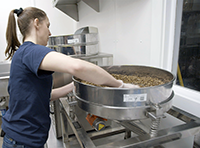
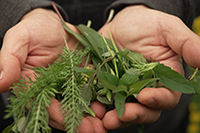
NATIVE TABLE
At their Minneapolis restaurant Owamni, Chef Sean Sherman (Lakota Sioux) and business partner Dana Thomson (Dakota) are exploring their Native cultural heritages by re-creating pre-colonial menus — meals that use no dairy, no wheat, no sugar — and showing that by combining the past with the best in modern farming practices, we can create more sustainable and ethical food systems.
THE RESCUE BRIGADE
When Leah Lizarondo learned that over 40% of America’s surplus food is wasted every year, she created an app — and a small army of volunteers — to bring that food to the people who need it.
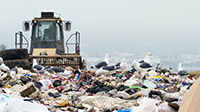
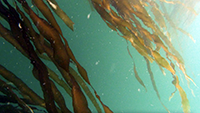
Harvesting the Sea
Economist Briana Warner thinks she’s found a solution to rising ocean temperatures, and a way to keep Maine’s local lobster fishermen employed — kelp farming.
Farming the Sky
To cut down on food transportation emissions, architect Nona Yehia designed a new kind of greenhouse: a building that would pack a perfectly controlled growing environment into a space built up vertically on a sliver of town land.
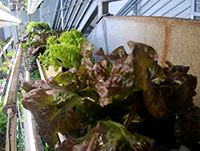
FIXING FOOD 2
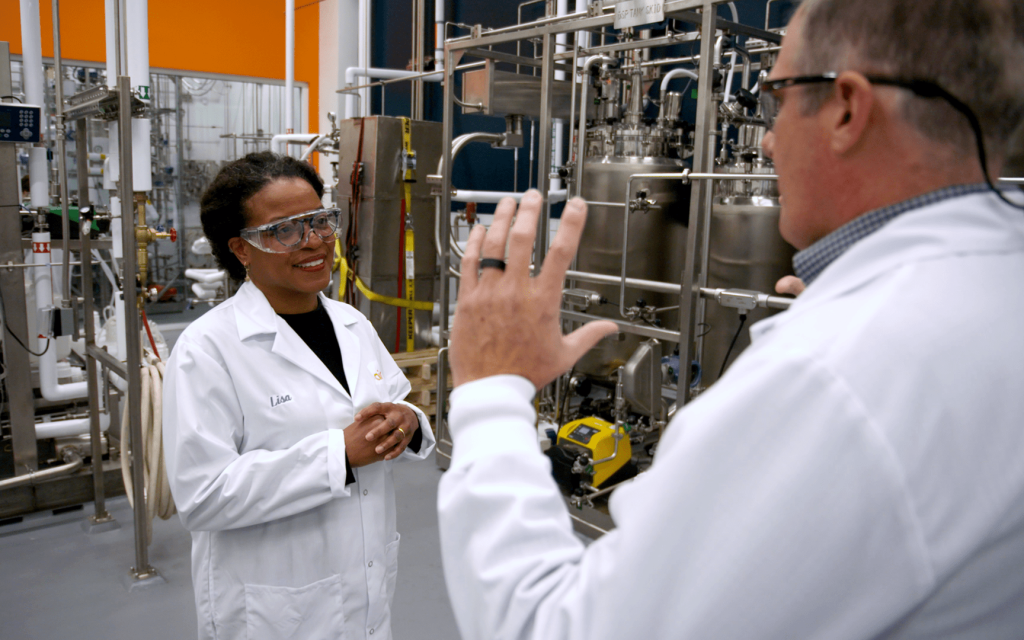
Food From the Air
Lisa Dyson is the founder and CEO of Air Protein, a company driven by ambitions almost as vast as space itself. As the 4th African American woman ever to earn a doctorate in physics, Lisa is well-equipped to take on its extraordinary mission: to create food from pure elements of the air.
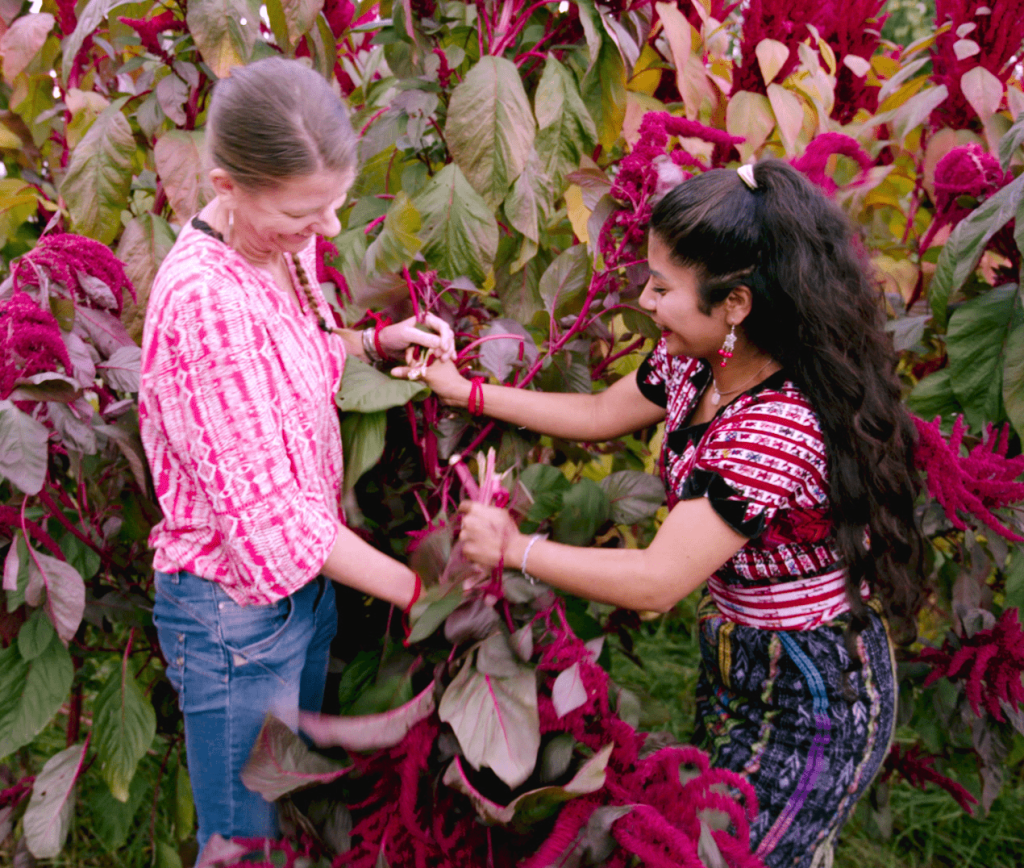
Seeds of Resilience
“Seeds of Resilience” explores the remarkable strength of indigenous Mayan communities and their enduring connection to a crop the Spanish conquistadors tried to wipe out — amaranth, a tall leafy grain long derided in the United States as “pigweed.
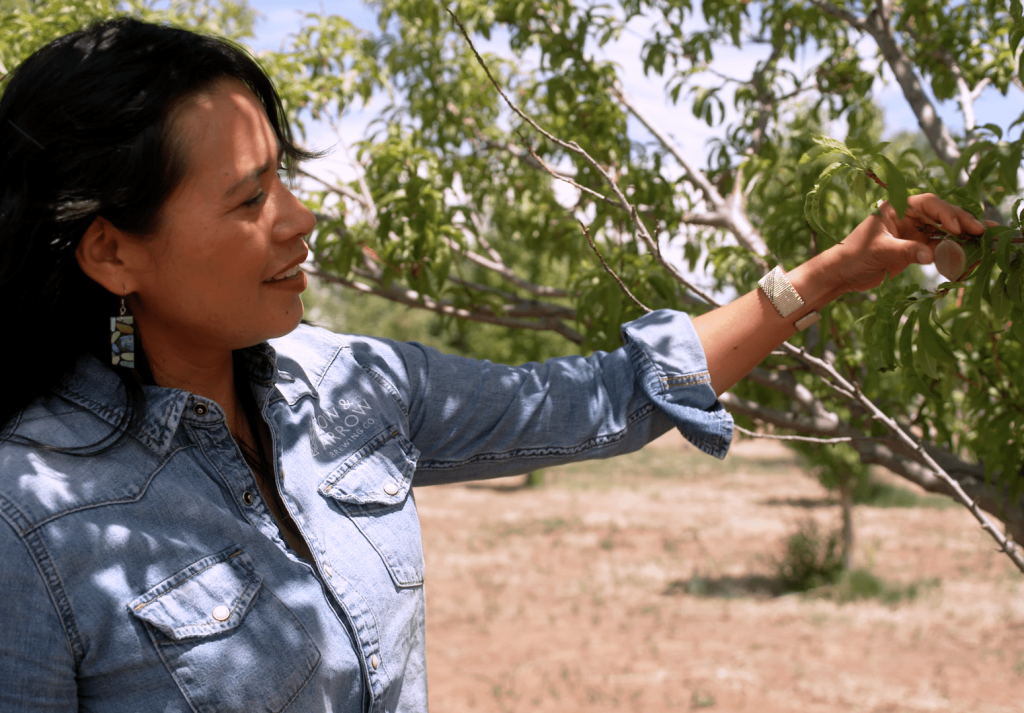
Native Roots
This inspiring video tells the story of Shyla Sheppard, the first Native American woman to own a brewery. Shyla draws from her family heritage, creating unique, authentic flavors by infusing her beers with traditional indigenous ingredients — blue corn, prickly pear, and rare, long-forgotten plants like the only hops indigenous to North America. Shyla is not only breaking barriers but showing that the tribal environmental knowledge she was raised with was, in fact, “true” science.
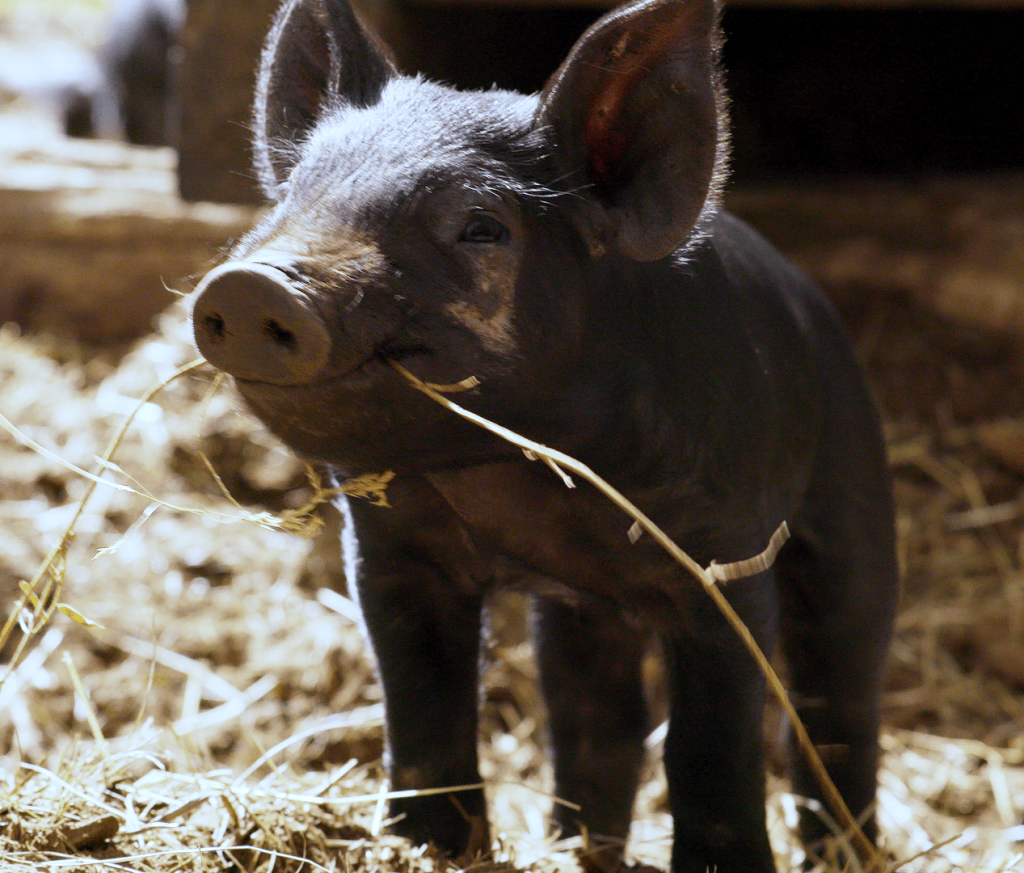
Healing the Land
“Healing the Land” follows six months of animal life on Wild Harmony Farm, a 40-acre organic livestock spread run by Rachael Slattery and her husband Ben. They and a growing number of other young farmers today feel they have inherited tired land, land that has been overused and abused for generations, and their job is to restore it. Rather than follow conventional industrial agriculture practices that rely on pesticides, herbicides and animals raised in warehouses, the couple practices regenerative farming, prioritizing soil health, biodiversity, and healthy livestock raised outdoors.
9 by 10min.
In Distribution
2022-2024
BULLFROG FILMS - FIXING FOOD 2
OVID.TV
DOCUSEEK









